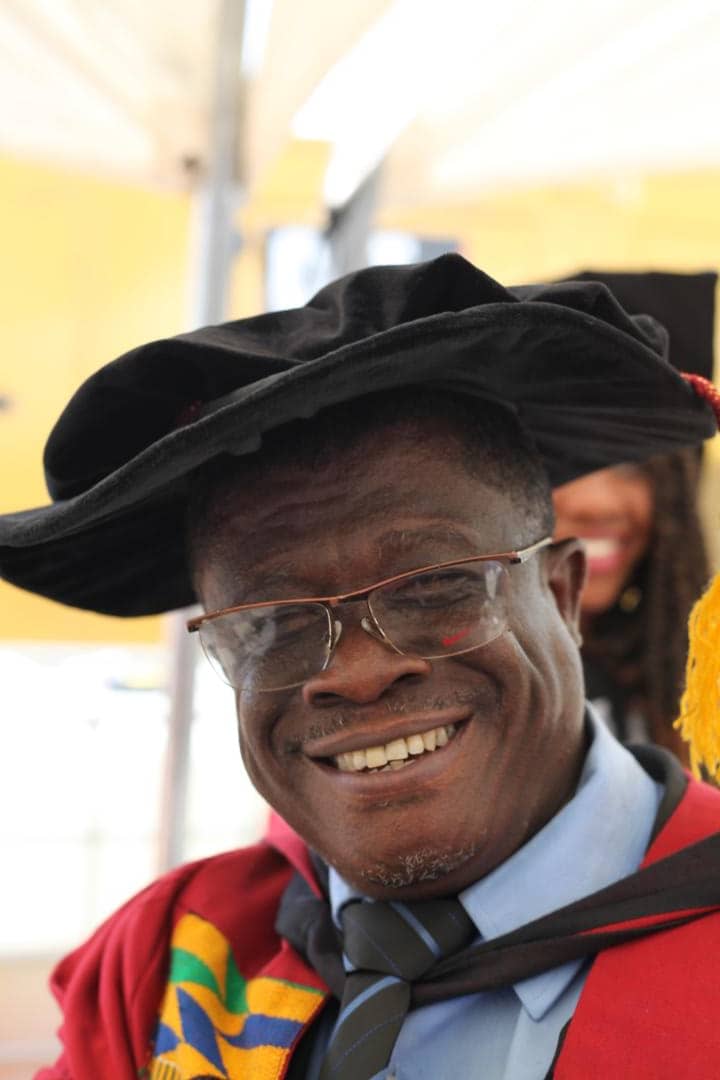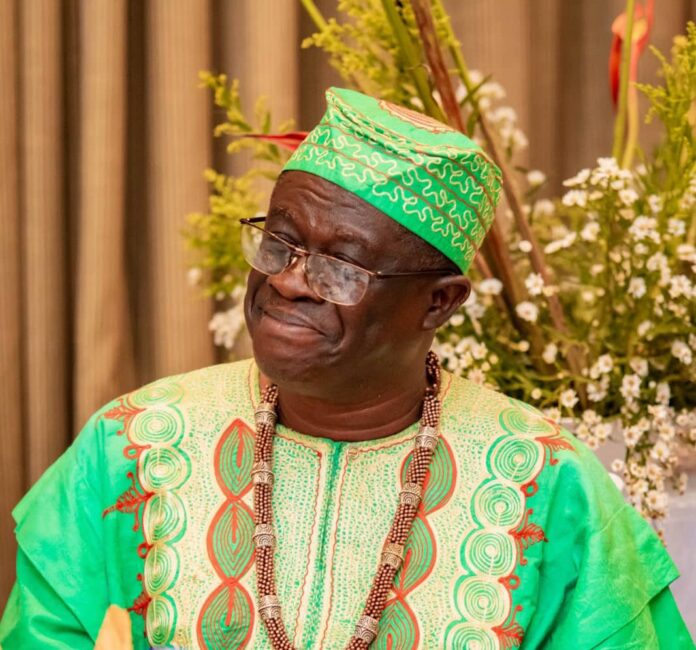At a time when African democracies face rising scrutiny over their resilience and inclusivity, Ghanaian academic Dr. Nana Adu-Bempah Brobbey has called for a deliberate shift away from Western-imposed governance models toward a democracy shaped by African realities.
Delivering a keynote address at the 4th International Anthropology and Development Studies Conference hosted by the University of Zululand, Dr. Brobbey—speaking on behalf of his Rector, Professor Christiana Hammond of the University of Media, Arts and Communication-Institute of Journalism (UniMAC-IJ)—questioned the continued reliance on external democratic frameworks that, in his words, “struggle to align with the cultural and political dynamics on the continent.”
His presentation, titled “Rethinking Democracy in Postcolonial Africa: Emerging Discourses from Ghana,” formed part of the broader conference theme: “Reclaiming Human Rights? Decolonising Development for a Just Future.”
Unpacking the Ghanaian Democratic Narrative
Dr. Brobbey’s keynote examined Ghana’s political evolution as both a reference point and a cautionary tale. He acknowledged the country’s international reputation as a democratic frontrunner but challenged the depth of that narrative.
“Ghana is often described as a beacon of democracy in Africa,” he stated, “yet this image often obscures systemic issues—hyper-partisan politics, economic inequality, disinformation, and a growing detachment between elected leaders and the communities they serve.”
He described the country’s democratic environment as a “paradox”—marked by consistent electoral transitions on one hand, and on the other, entrenched political binaries and exclusionary practices that risk undermining democratic participation and legitimacy.

Beyond the Ballot Box: Questioning Imported Governance Models
Central to his address was the critique of liberal democratic ideals as transplanted onto African political systems without sufficient adaptation.
“Democracy, as exported from the West, was delivered with embedded assumptions,” Dr. Brobbey argued, “but these assumptions rarely accounted for Africa’s indigenous governance systems—rooted in consensus, dialogue, and communal accountability.”
He proposed that African nations must stop measuring democratic success against foreign standards and instead invest in “democratic systems that grow from within—historically aware, culturally anchored, and socially responsive.”
A Call for Structural and Cultural Reform
Moving from critique to proposition, Dr. Brobbey offered three transformative approaches for deepening democracy on the continent:
1. Reclaiming Indigenous Governance Practices:
Traditional modes of leadership and conflict resolution, he argued, offer valuable lessons in accountability and participation that are often sidelined by formal political institutions.
2. Investing in Civic and Democratic Literacy:
Dr. Brobbey warned against the rise of political fanaticism and called for a renewed focus on civic education that promotes critical thinking and democratic responsibility.
3. Breaking the Two-Party Dominance:
Reflecting on Ghana’s entrenched NPP-NDC binary, he advocated for an expansion of political space to accommodate independent movements, youth-led platforms, and issue-based advocacy.
Democracy Must Be Reimagined, Not Replicated
Rejecting both political nostalgia and wholesale imitation of foreign systems, Dr. Brobbey concluded by calling for a new democratic imagination—one that does not simply adapt external structures, but redefines democratic practice in ways that reflect the complexity and diversity of African societies.
“As scholars, policymakers, and citizens,” he urged, “our task is not merely to protect democracy as we know it, but to reconstruct it so that it becomes truly relevant to the people it is meant to serve.”
Audience and Conference Context
The keynote was delivered to a diverse audience comprising scholars, students, community development experts, and civil society organizations from across Africa, Europe, and the Americas. Other keynote speakers at the conference included Prof. Rogers Orock of Lafayette University in the USA and Mr. Lindokuhle Patiwe of the University of Cape Town.
Dr. Brobbey’s remarks were acknowledged for provoking honest dialogue around postcolonial governance, particularly in the context of persistent democratic deficits and the global call to decolonize development and political thought.
Source: Ivy Priscilla Setordjie
READ ALSO:



